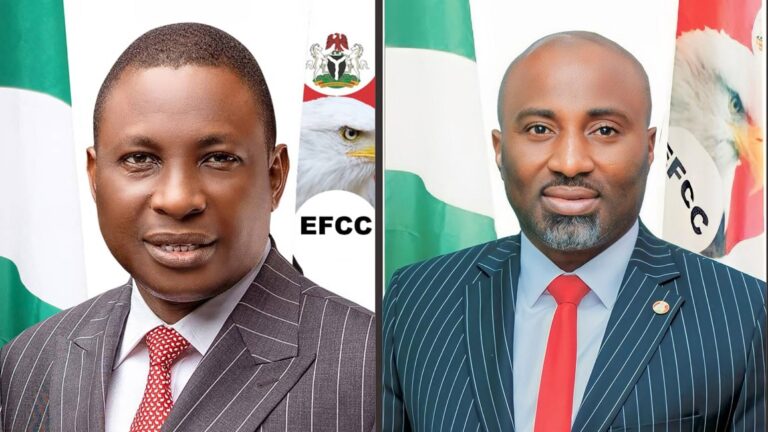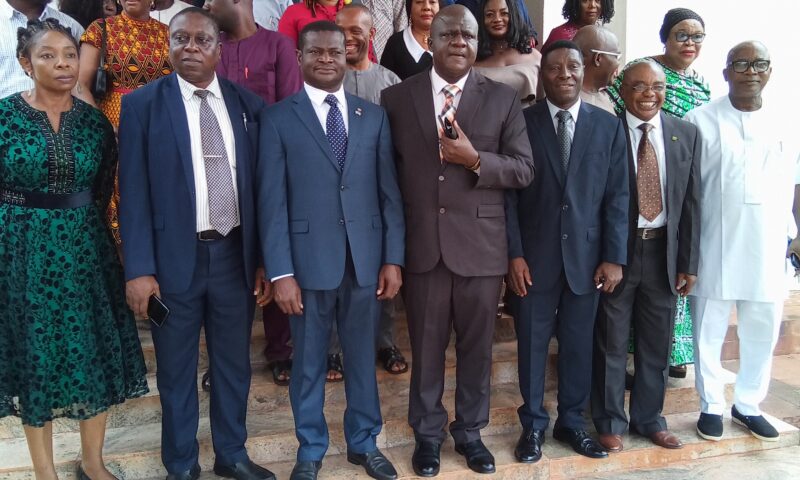The Narrative of The Chairman Of NGF Undermining Rule Of Law
The foundation of good governance rests on the principle of the rule of law, a constitutional concept that forms the bedrock of policy implementation. It dictates that all actions must conform to legal standards, underpinning the notion that governance without legal adherence is inherently unlawful.
Following a successful initial term of four years of Governor Abdulrahaman Abdulrazaq and approaching the one-year mark of the second tenure, the expectations were high for a recalibration of governance norms, particularly in upholding the rule of law.
The administration emerged from the Oto’oge struggle, aimed at rectifying the governance irregularities of the previous administrations, with a specific focus on local government administration.
The call for reform in local government administration was a central demand of the Oto’oge movement, seeking to revamp governance at the grassroots level and bring it closer to the people. However, the Abdulrahaman-led government has persistently operated outside legal bounds, diminishing the hopes of democratic stakeholders.
Local government governance is undeniably institutional, as enshrined in Section 7 of the Nigerian Constitution, which mandates states to ensure the existence of local government councils through appropriate legislation.
While debates exist regarding the powers vested in State House Assemblies over local government administration, the Supreme Court’s 2016 ruling invalidated laws empowering governors to replace democratically elected council officials with appointed administrators.
Across some states, legislative bodies have become extensions of the Executive Governor’s authority, with elected members of the House of Assembly often serving as mere puppets of state governors.
Kwara State mirrors this trend, with the Abdulrahaman administration’s disregard for legal norms evident from issues around the suspension of 16 local government chairmen on allegations of financial mismanagement and the subsequent appointment of the caretakers in their replacement.
Despite legal challenges, including a ruling by Justice H.A. Gegele which described the Governor’s action as an Executive Rascality and an Abuse of Law and a subsequent judgment of the Appeal Court by Justice K. I. Amadi denounced the governor’s actions as an abuse of law in the case initiated by a Civil Society, Enetsud, the administration remains undeterred.
Due to pressure from the nooks and crannies of the state, the Governor constituted the state electoral body, KWASIEC but despite the allocation of state funds for KWASIEC operations, the commission hasn’t demonstrated any commitment to the rule of law.
KWASIEC’s failure to initiate local government elections, despite prior announcements, underscores doubts about its independence.
The most scary situation is that Democratic stakeholders have voiced their concerns against the governor’s undemocratic practices, yet he continues to defy public sentiment.
In my view, and in the interest of democracy, state stakeholders must unite to petition President Tinubu and the National Assembly on this critical matter. Civil society organizations and pro-democracy groups must amplify their discontent in a manner that resonates with Governor Abdulrahaman Abdulrazaq.
_Comrade Bolakale Barkindo Saliu writes from Ilorin_





